6. Amélie (2001)
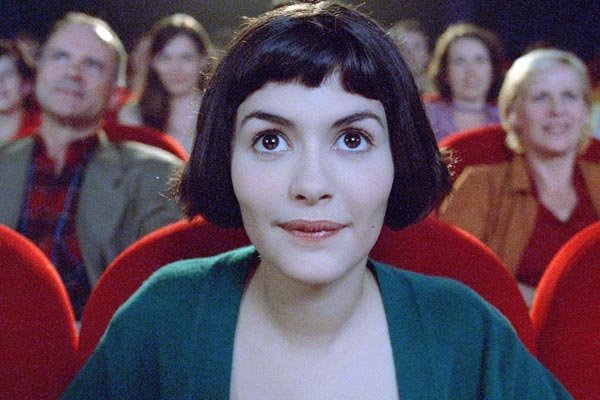
Few directors illustrate the trials and tribulations of being a social misfit better than Wes Anderson. In his films, characters exist firmly in their own world, wearing their quirks as badges of honor and navigating solitude as best as they can. The real catharsis of his glossy spectacles lies then in the emotional breakthrough of connecting with each other, rekindling long-lost relationships and coming to terms with their own past.
In a nutshell, Amélie is a film about finding beauty in the mundane, whether it’s eavesdropping at café bars, enjoying a slice of plum cake or doing a selfless good deed. The film thrusts us into the titular character’s headspace, invoking a whimsical version of reality where everything seems at our grasp and worthy of our attention. Depending on who you ask, Amélie will be regarded as a gleeful rollercoaster full of insights or a frivolous pastiche that overstays its welcome. Admittedly, there may be some truth in both statements, but it’s hard to think of a more fitting companion piece to The French Dispatch than this Parisian odyssey.
For what it’s worth, Amelie never attempts to reach any kind of grand epiphany, it rather focuses on getting a simple message across—essentially, that celebrating life and all that comes with it is something we all ought to do more often.
7. PlayTime (1967)
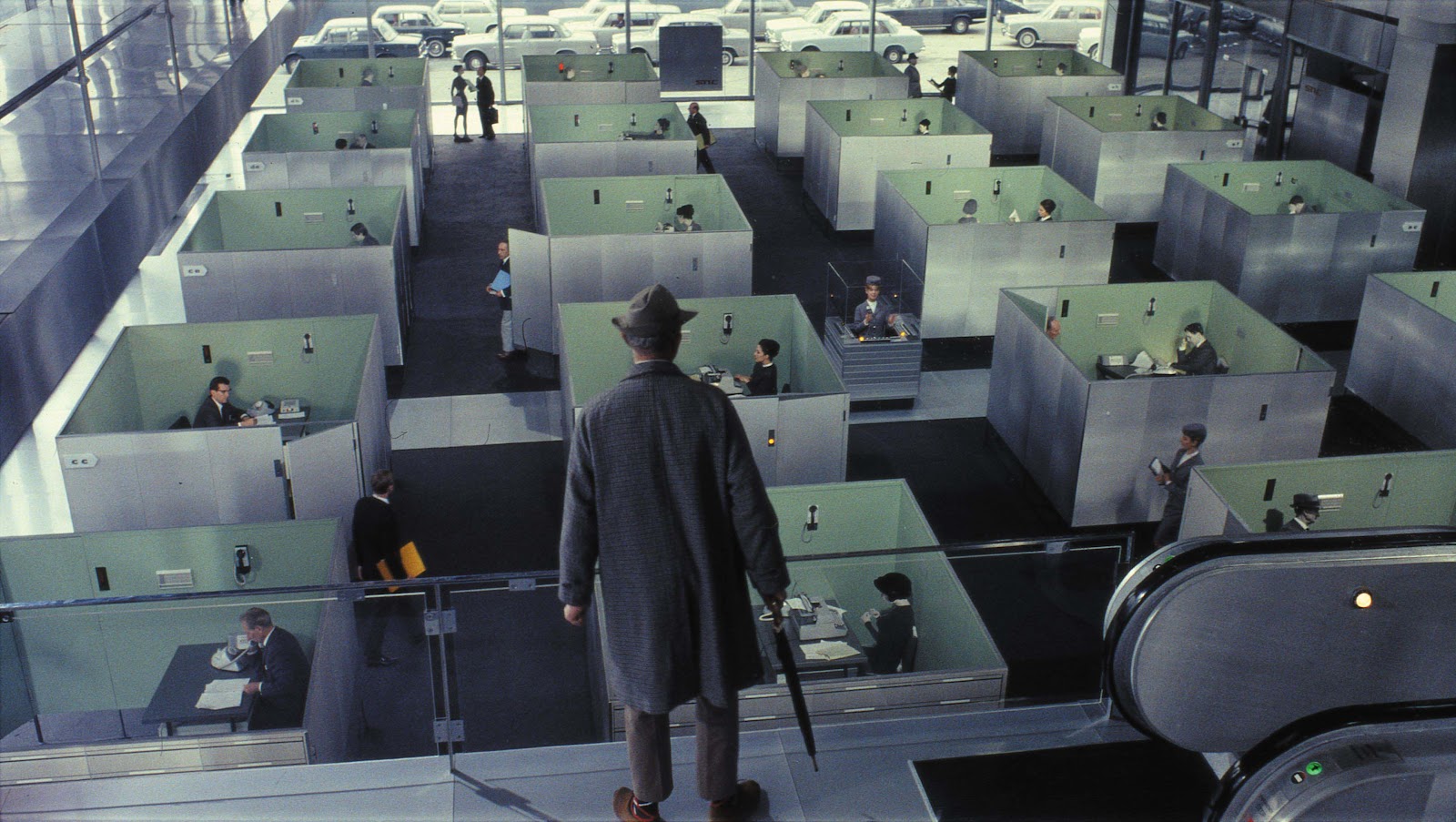
Wes Anderson movies are often set at historical crossroads, reminiscing of long-lost eras while bidding them farewell. In most cases, the integrity of civilization itself seems at jeopardy by this changing of guard, whether triggered by an imminent war (The Grand Budapest Hotel) or the twilight of local journalism (The French Dispatch).
You’d be hard-pressed to find a more thrilling indictment on modernity than this classic comedy courtesy of Jacques Tati. The French Dispatch paid tribute to the French titan by replicating the exterior shot of the building seen in Mon Oncle during its opening sequence and mirroring the lead character of Jour de Fete with Owen Wilson’s bike-riding reporter. But it’s PlayTime which seems to be operating on the same wavelength as Anderson’s anthology—both by their sense of space and architecture and the incisiveness in which they examine the absurdism of our social routines.
The film gives us a peek into a not-so-distant future version of Paris towered by identical, steel-plated buildings and brimming with perplexing tech gadgets. Tati’s Monsieur Hulot resembles many Anderson’s caricatures as an old-fashioned man stuck in the past—completely oblivious to his surroundings and incapable of wrapping his head around the sheer chaos of everyday life.
8. The Rules of the Game (1939)
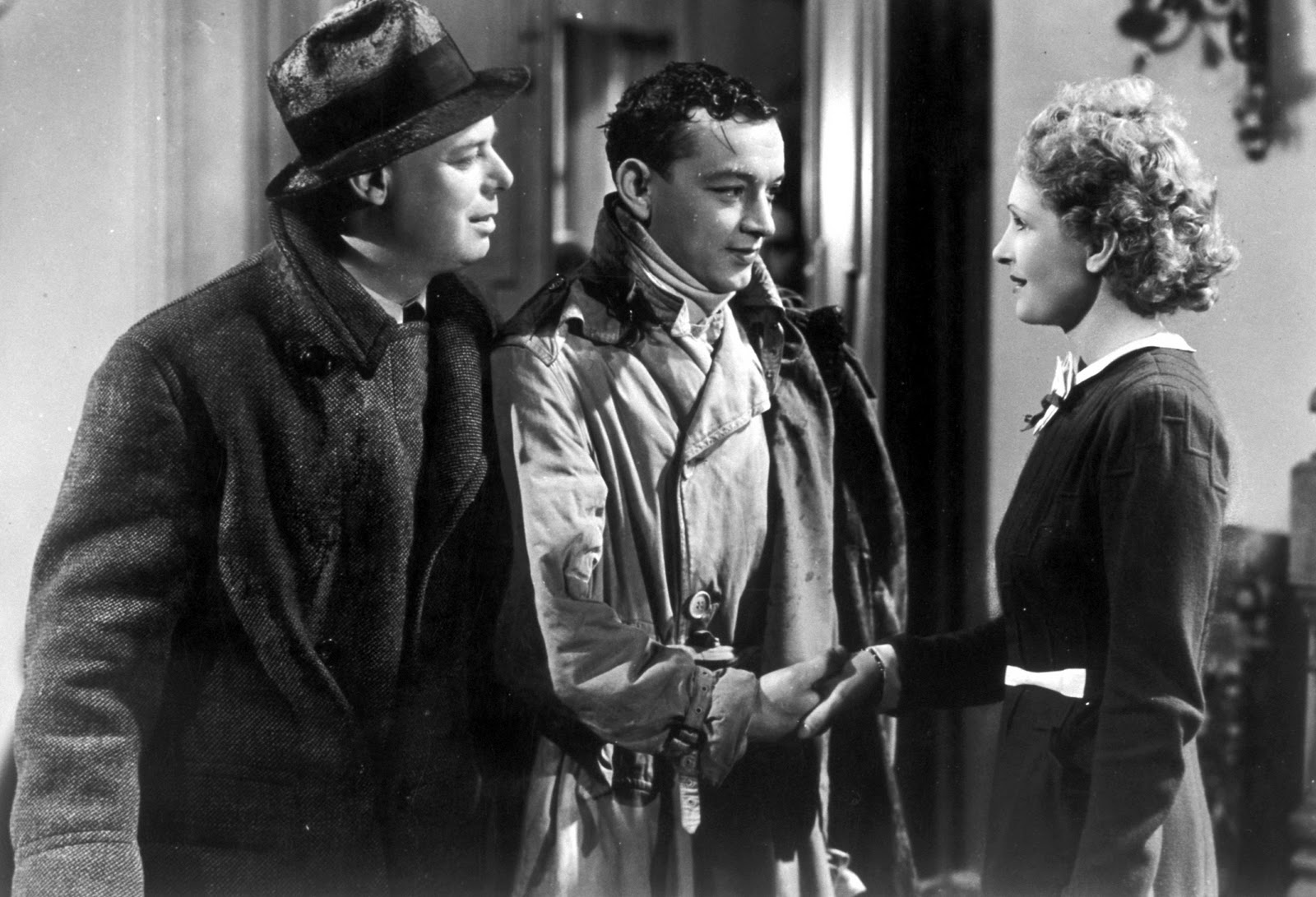
Culinary specialists, tortured painters, conceptual art pundits… The French Dispatch followed Anderson’s deep-rooted tradition of immortalizing the upper class with a plethora of haute individuals that rivals any of his previous ensembles. The director’s fixation gains a new layer of intertextuality when taking in consideration the highbrow aura that surrounds his real-life persona—though that’s not to say he lets his characters off the hook easily. Cloaked in apparent sophistication, these intellectuals are often betrayed by their own insecurity and self-centeredness, repeatedly catching strays or ending up as the butt of jokes.
In fact, it wouldn’t be a stretch to say that every entry in Wes Anderson’s oeuvre ultimately boils down to civilized people doing uncivilized things. On the subject of class satire, Jean Renoir’s quintessential comedy seems like the next logical step. Granted, the film may not feel as groundbreaking eighty years removed from its original release, but even by today’s standards it offers a more than biting anti-bourgeois commentary. The Rules of the Game is as farcical as any Anderson joint, sinking its fangs on a myriad of guests attending a hunting party at a secluded state. What follows is an array of petty feuds, misunderstandings, infidelities and double-crosses that matches The French Dispatch’s hectic pace.
9. The Gold of Naples (1954)
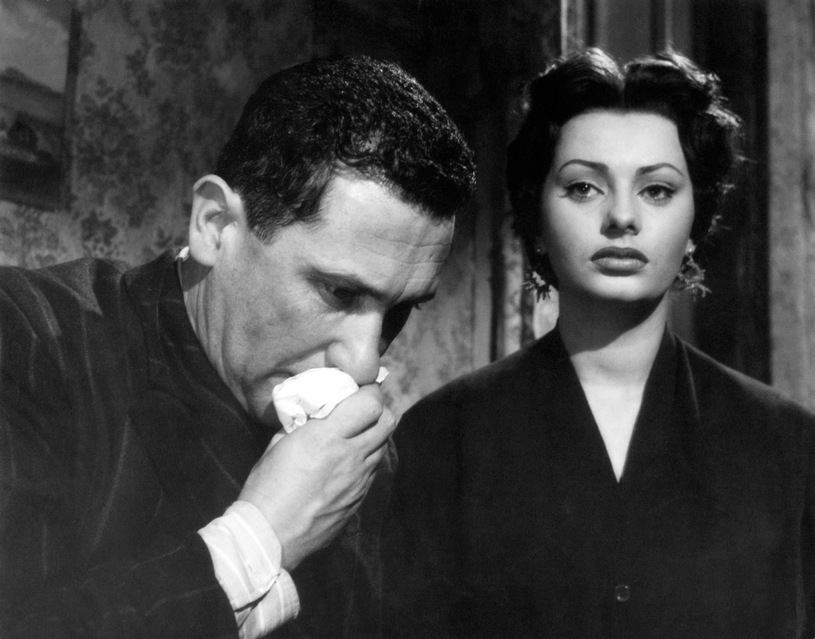
As early as in 2015 had Wes Anderson hinted at making his first foray into the anthology format. Fresh off his biggest commercial hit in The Grand Budapest Hotel, rumor had it that his next project would draw inspiration from Italian neorealist Vittorio De Sica, particularly his widely neglected gem, The Gold of Naples. Ultimately, The French Dispatch would have to wait a few more years until finally seeing the light of day, but the narrative blueprint it was originally modeled after would remain intact.
The Gold of Naples is sliced into six standalone vignettes, each introducing us to a different set of characters and playful scenarios all taking place near Mount Vesuvius. From a break-in gone awry, a pizza seller losing her engagement ring, a gambling prince losing his palace on a petty bet to a hooker’s wedding—any would fit right in with The French Dispatch’s oddball episodes.
If you need further convincing, just take it from the man himself: “This film is a series of little masterpieces,” Anderson said of The Gold of Naples. “I have absolutely no idea why it isn’t seen all over the world all the time. It’s De Sica’s purest and strongest achievement.”
10. Sweet Smell of Success (1957)
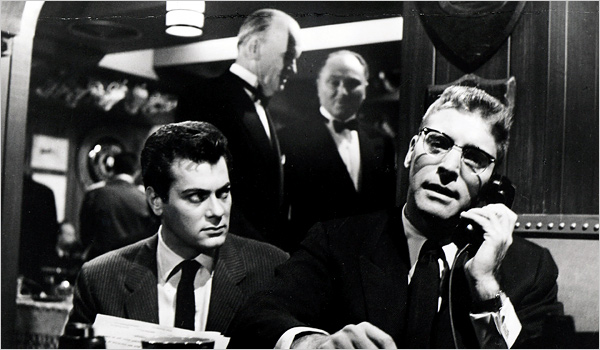
The French Dispatch paints journalism as an honorable endeavor, a dying art which must be preserved at all costs. It’s only right that we bookend the present list by showing the opposite side of the same coin with a film that highlights the rotten principles in which that very same profession stands.
Anchored by a razor-sharp script, Sweet Smell of Success follows a renowned columnist and a power-hungry publicist who pull every dirty trick up their sleeves in order to slander a jazz musician whose only sin was to fall in love with the former’s sister. Manhattan is all but a character in itself, a ruthless jungle where any semblance of ethics is far outweighed by self-interest, deceit and pride.
“This is a classic of New York movies”, claims Wes Anderson. “The look of it is this distilled black-and-white New York and Clifford Odets writes great dialogue”. As a film drenched in cynicism, it couldn’t fall further from The French Dispatch’s carefree spirit. However, it isn’t hard to see why it struck a chord with the Texan auteur as it taps into one of his signature motifs—dysfunctional family dynamics rooted in oppressive paternal figures.